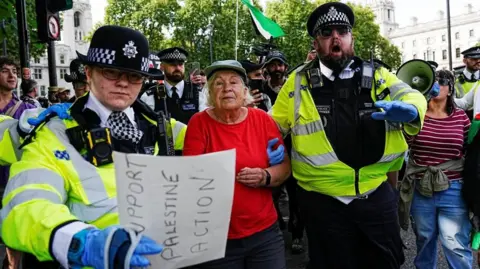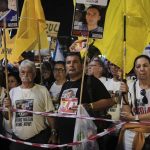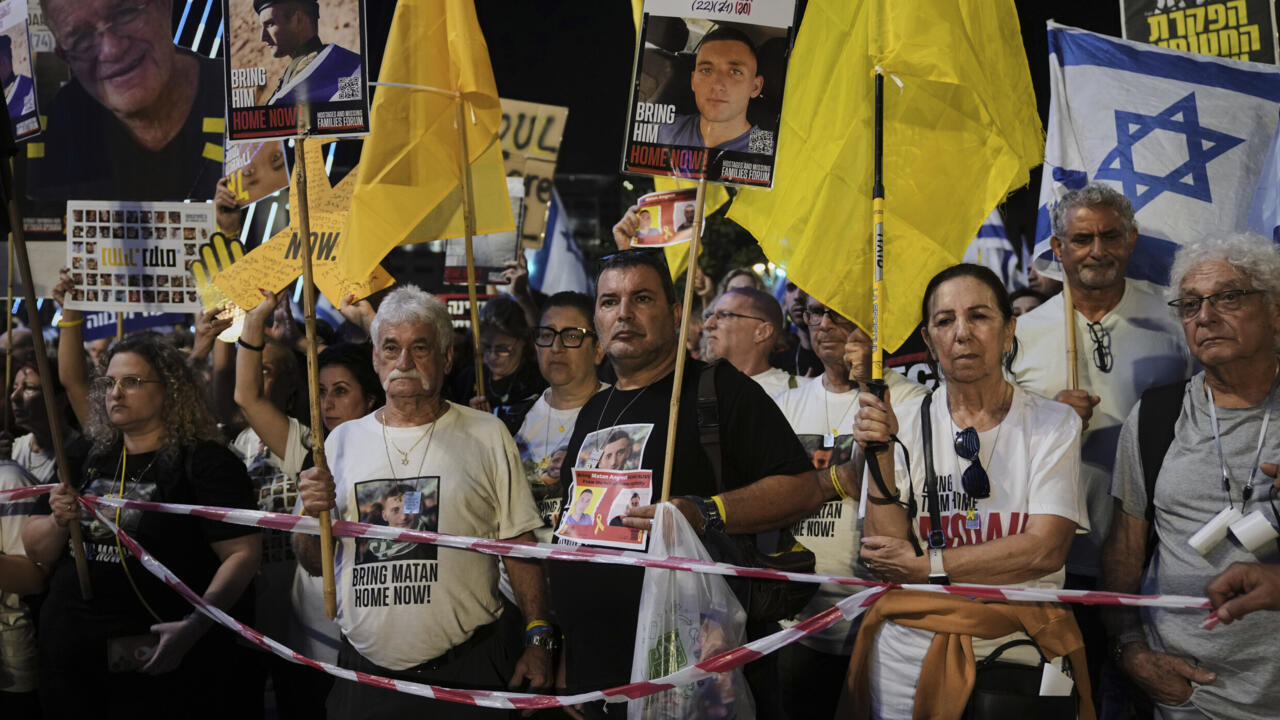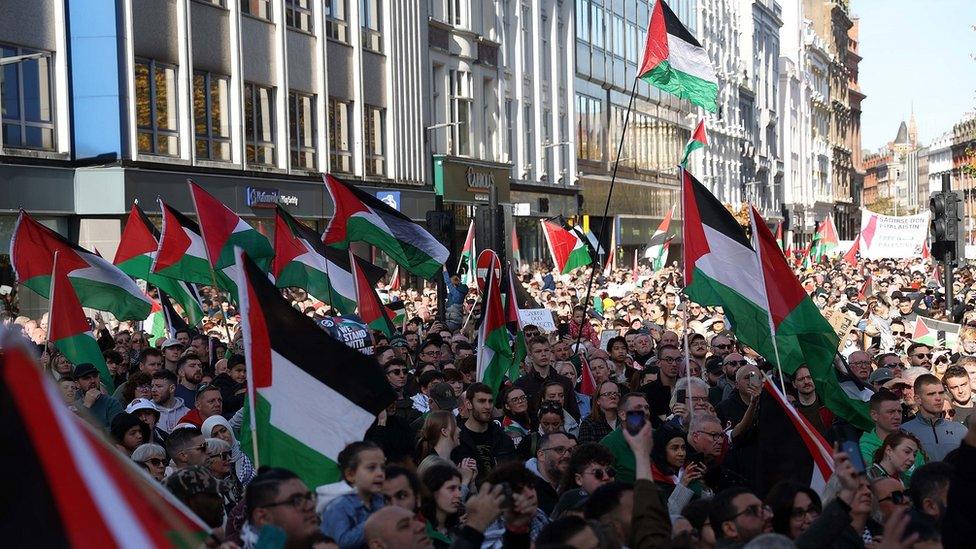The wave of activism targeting defense contractors and government institutions linked to Israel’s military actions has reached a boiling point in the United Kingdom. Palestine Action, a direct-action group that has been at the forefront of protests against companies supplying arms to Israel, has become one of the most disruptive protest movements in recent British history.
- The Origins of Palestine Action
- The Scale of the Arrests
- Why Elbit Systems Is at the Center of the Protests
- Government Response and Public Opinion
- The Human Cost of Arrests and Imprisonment
- The Role of Media and Narrative Control
- Legal and Ethical Questions
- International Solidarity Movements
- The Future of the Movement
- Frequently Asked Questions
- What is Palestine Action?
- Why have there been so many arrests at Palestine Action protests?
- What companies does Palestine Action target?
- Has Palestine Action achieved any victories?
- Is Palestine Action legal?
- What impact has the movement had so far?
- Conclusion
The group has seen its numbers grow steadily, and according to the latest updates, arrests linked to Palestine Action protests have now risen to 890. This staggering figure sheds light on both the resilience of the movement and the fierce response from authorities. The escalating confrontation between activists and law enforcement is not just about trespassing or property damage—it has grown into a national debate on free speech, human rights, and Britain’s role in global conflicts.
The story of Palestine Action is not one of isolated demonstrations but of a coordinated campaign challenging powerful defense corporations, including Elbit Systems, which is Israel’s largest private arms supplier. For many activists, the risks of arrest, prosecution, and imprisonment are outweighed by their conviction that Britain must not be complicit in what they call crimes against humanity. The rising number of arrests tells a deeper story: one of sacrifice, political struggle, and the boundaries of lawful dissent in modern democracy.
The Origins of Palestine Action
Palestine Action was founded in 2020 with a mission to end Britain’s complicity in Israeli military operations through direct action. Unlike traditional protests that rely on petitions or marches, Palestine Action takes a more confrontational approach.
Activists have occupied factories, chained themselves to gates, defaced buildings, and disrupted production at defense contractors’ sites across the country. Their primary target has been Elbit Systems, a company accused of manufacturing drone technology and weapons used in Gaza.
The group describes its mission as a moral obligation, insisting that symbolic protests are no longer enough to halt the flow of arms to Israel. By adopting tactics reminiscent of earlier direct-action movements like the suffragettes or anti-apartheid activists, Palestine Action has quickly gained recognition—both for its effectiveness and for the controversy surrounding its methods.
The Scale of the Arrests
The figure of 890 arrests highlights the sheer scale of the confrontations between Palestine Action activists and police. These arrests have taken place at a range of sites, from corporate headquarters to government offices, and even during large-scale marches in major cities like London and Manchester. Many of those arrested have been charged with offenses such as criminal damage, aggravated trespass, and obstruction of highways. Others have faced stricter charges that carry heavier penalties, sparking accusations that the government is attempting to criminalize dissent.
According to reports from civil liberties groups, the sheer volume of arrests demonstrates not only the state’s determination to protect the arms industry but also the extent of the public backlash against British complicity in Israel’s military campaigns. While some see the arrests as necessary to uphold law and order, others argue that they reflect an alarming trend of shrinking space for legitimate political protest.
Why Elbit Systems Is at the Center of the Protests
At the heart of Palestine Action’s campaign lies Elbit Systems. The company operates several sites across the UK, producing and testing weapons systems that activists claim are used in Israeli military operations in Gaza and the West Bank. Campaigners allege that Elbit’s drones have been deployed in strikes against Palestinian civilians, raising questions about the ethics of allowing such a company to operate freely in Britain.
Palestine Action has successfully forced Elbit Systems to close some of its sites in the UK, including its London office and the Ferranti factory in Oldham. These closures are seen as victories for the movement, achieved through relentless protests and repeated direct actions. But these wins have come at a cost: dozens of activists have been sentenced to prison terms, while hundreds more face ongoing trials.
Government Response and Public Opinion
The UK government has largely sided with law enforcement and the defense industry in its response to Palestine Action. Officials argue that while peaceful protest is a cornerstone of democracy, criminal damage and trespassing cross a line that cannot be tolerated. A government spokesperson has insisted that Britain has a right to maintain strong defense partnerships and protect jobs within its arms industry.
Public opinion, however, remains divided. Polls suggest that a growing number of Britons are critical of Israel’s military actions in Gaza, with increasing calls for the UK to suspend arms sales. Supporters of Palestine Action argue that their tactics, though disruptive, are necessary to draw attention to the urgency of the crisis in Palestine. Critics, meanwhile, accuse the group of extremism and undermining legitimate democratic processes.
The Human Cost of Arrests and Imprisonment
Behind the statistics are personal stories of sacrifice. Many of those arrested by police are young activists, students, or professionals who have chosen to put their lives on hold for the cause. For some, time in prison has become part of their activism, a badge of honor in their fight for justice. In interviews, former detainees have described harsh conditions, long legal battles, and the psychological toll of being criminalized for their beliefs.
Families of activists have also been affected, facing the emotional and financial burdens that come with ongoing court cases. Civil liberties groups have raised concerns that the use of harsh bail conditions, including restrictions on internet use and association, are effectively punishing individuals before they are found guilty.
The Role of Media and Narrative Control
Media coverage of Palestine Action has varied widely. While some outlets highlight the disruption and financial damage caused by activists, others have focused on the moral arguments driving the protests. The framing of Palestine Action as either a radical group or as freedom fighters has shaped public perception. Activists themselves often argue that mainstream media underrepresents the humanitarian crisis in Gaza, forcing them to use direct action as a way to make headlines and keep the issue in the spotlight.
Social media has played a powerful role in amplifying the movement. Videos of factory occupations, banner drops, and confrontations with police often go viral, reaching audiences far beyond the UK. This has helped Palestine Action build solidarity networks with activists across Europe and the United States.
Legal and Ethical Questions
The rise in arrests has raised important questions about the balance between public order and the right to protest. Human rights organizations have warned that heavy-handed policing risks setting a dangerous precedent, where protest movements can be stifled through mass arrests and lengthy trials. Legal scholars point out that direct action has historically played a crucial role in advancing social change, from civil rights movements to environmental campaigns.
At the same time, critics argue that allowing activists to cause damage with impunity undermines the rule of law. The ethical debate revolves around whether the urgency of the humanitarian crisis in Gaza justifies breaking domestic laws. This moral dilemma remains at the heart of the controversy surrounding Palestine Action.
International Solidarity Movements
Palestine Action is not an isolated movement. Across Europe and North America, solidarity campaigns have emerged that share similar tactics of targeting defense companies linked to Israel. In the US, activists have staged protests at weapons manufacturers, while in France and Ireland, direct actions have disrupted government offices accused of supporting Israel. This global wave of activism underscores the growing importance of grassroots campaigns in shaping international debates on arms sales and human rights.
The Future of the Movement
With nearly 890 arrests recorded, the future of Palestine Action depends on how the courts handle the cases of activists and how public opinion evolves. If the movement continues to secure victories against arms companies, it may attract even more supporters willing to risk arrest. However, if the government escalates its crackdown, the group could face existential threats.
What is certain is that the movement has already left its mark. Palestine Action has forced the issue of British complicity in Israel’s military campaigns into mainstream discussion. The number of arrests is a testament to the lengths activists are willing to go to challenge the status quo.
Frequently Asked Questions
What is Palestine Action?
Palestine Action is a UK-based activist group founded in 2020. It uses direct action tactics such as factory occupations and site blockades to protest against companies supplying weapons to Israel.
Why have there been so many arrests at Palestine Action protests?
There have been 890 arrests because activists frequently engage in direct actions that involve trespassing, damage to property, and obstruction. Authorities have responded with mass arrests to deter further protests.
What companies does Palestine Action target?
The group primarily targets Elbit Systems, Israel’s largest private arms supplier, which has several operations in the UK.
Has Palestine Action achieved any victories?
Yes, the group has claimed credit for the closure of multiple Elbit Systems sites in the UK, including its London office and a major factory in Oldham.
Is Palestine Action legal?
While protest itself is legal, many of Palestine Action’s tactics involve breaking laws related to property damage, trespass, and obstruction. This has led to arrests and prosecutions.
What impact has the movement had so far?
Palestine Action has forced defense companies to close sites, raised awareness about Britain’s role in arms sales, and sparked national debate about the right to protest and the ethics of the arms trade.
Conclusion
The rise in arrests at Palestine Action protests to 890 marks a defining moment in the UK’s political landscape. This is no longer just a story about trespassing activists and damaged buildings—it is about the boundaries of democracy, the power of grassroots movements, and the moral responsibility of nations in global conflicts. Palestine Action has demonstrated that even in the face of mass arrests, imprisonment, and public backlash, movements rooted in conviction and moral urgency cannot easily be silenced.
The future of Palestine Action remains uncertain, but one thing is clear: the debate over Britain’s arms sales and its role in the Israel-Palestine conflict will not fade anytime soon. The movement’s sacrifices, victories, and controversies will continue to shape the conversation on human rights, state accountability, and the power of direct action for years to come.













